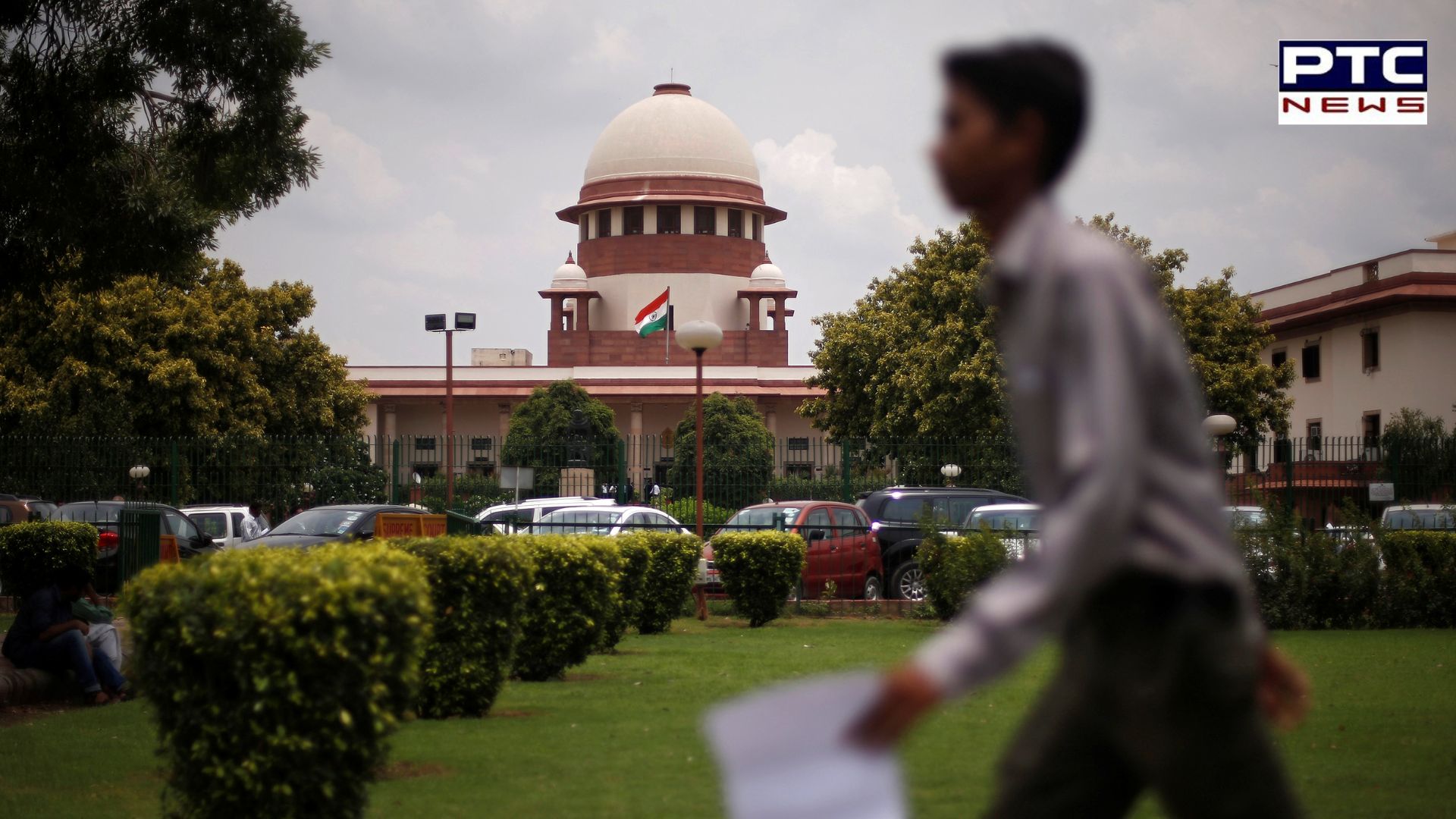Supreme Court suggests resolution amid Chandigarh vote count row

PTC News Desk: The ongoing legal battle surrounding the Chandigarh mayoral election, marred by the controversy over eight disputed ballot papers, has prompted the Supreme Court to intervene. Chief Justice DY Chandrachud announced today that the contentious ballot papers must be presented in court at 10:30 am on Tuesday, aiming to settle the dispute between the Aam Aadmi Party (AAP) and the Bharatiya Janata Party (BJP).
The court has ruled out the necessity for a fresh election, proposing an alternative solution to resolve the election outcome discrepancy. Chief Justice Chandrachud outlined the plan, stating, "We will direct the Deputy Commissioner to appoint a new Returning Officer, one who is impartial and not affiliated with any political party. The electoral process will resume from the point it halted before the results were declared."
He added, "The results will be declared disregarding any markings made by the original Returning Officer, Anil Masih. The judicial oversight of the process will be conducted by the Punjab and Haryana High Court." In response, Solicitor General Tushar Mehta, representing the Chandigarh administration, raised concerns about the condition of the disputed ballot papers. However, the Supreme Court remained firm in its decision.
Also Read: Kejriwal reacts to Chandigarh Mayor's resignation amid rigging inquiry
The petitioner, Kuldeep Kumar, the AAP's mayoral candidate, emphasised that only eight ballot papers needed examination and clarified, "They are not torn." Chief Justice Chandrachud reiterated the court's stance, saying, "We will designate an officer nominated by the Registrar General of the High Court to be present tomorrow with the ballot papers. We will examine the ballot papers ourselves."
Also Read: Chandigarh mayoral elections: 'This is mockery, murder of democracy': SC takes on presiding officer
Also Read: New video surfaces of Chandigarh poll officer post Supreme Court criticism
The Supreme Court's intervention is perceived by many as potentially detrimental to the BJP, which might have benefited from a re-election. Although the BJP lacked a majority in the January 31 poll, the defection of three AAP lawmakers to their party has shifted the balance of power. Currently holding 17 votes in the 35-member Municipal Corporation, the BJP stands at an advantageous position. With the support of an Akali Dal councillor and the Chandigarh Lok Sabha MP, who holds ex-officio voting rights, their tally reaches 19.
The defections have sparked discussions about political maneuvering, commonly referred to as 'horse-trading.' The petitioner expressed concerns about this, prompting acknowledgment from the Chief Justice regarding the gravity of the allegation.
Furthermore, the court scrutinised the role of Anil Masih in the controversy, labeling his actions as a "mockery of democracy." The controversy erupted when a video surfaced showing Masih, then a member of the BJP's Minority Cell, marking eight ballot papers from AAP councillors before submitting them, a move vehemently denied by the BJP. The Supreme Court's intervention aims to address the Chandigarh mayoral election's integrity, ensuring a fair and transparent resolution to the dispute.
Also Read: Sandeshkhali Case: Supreme Court halts Lok Sabha panel's action against key Bengal officials
(Inputs from agencies)

/ptc-news/media/media_files/chandigarh-mayor-elections-cji-says-masih-has-to-be-prosecuted-for-defacing-ballot-papersjpg)